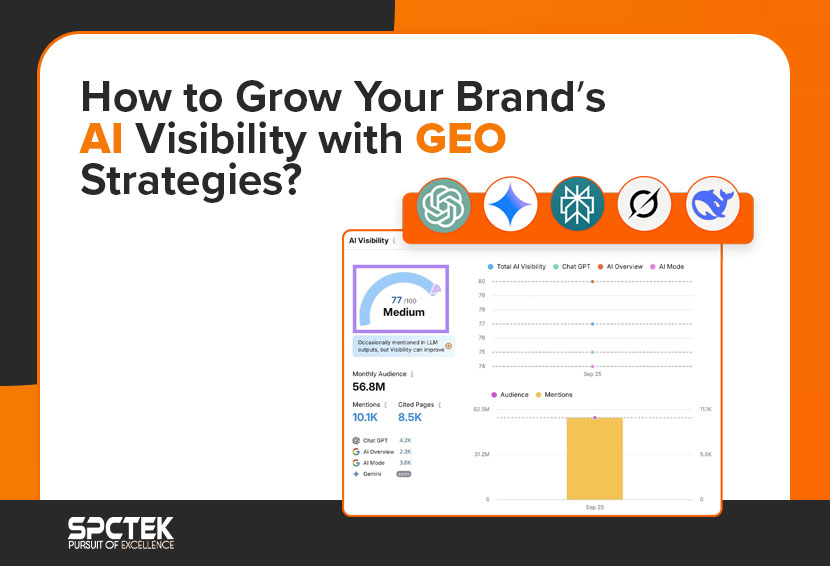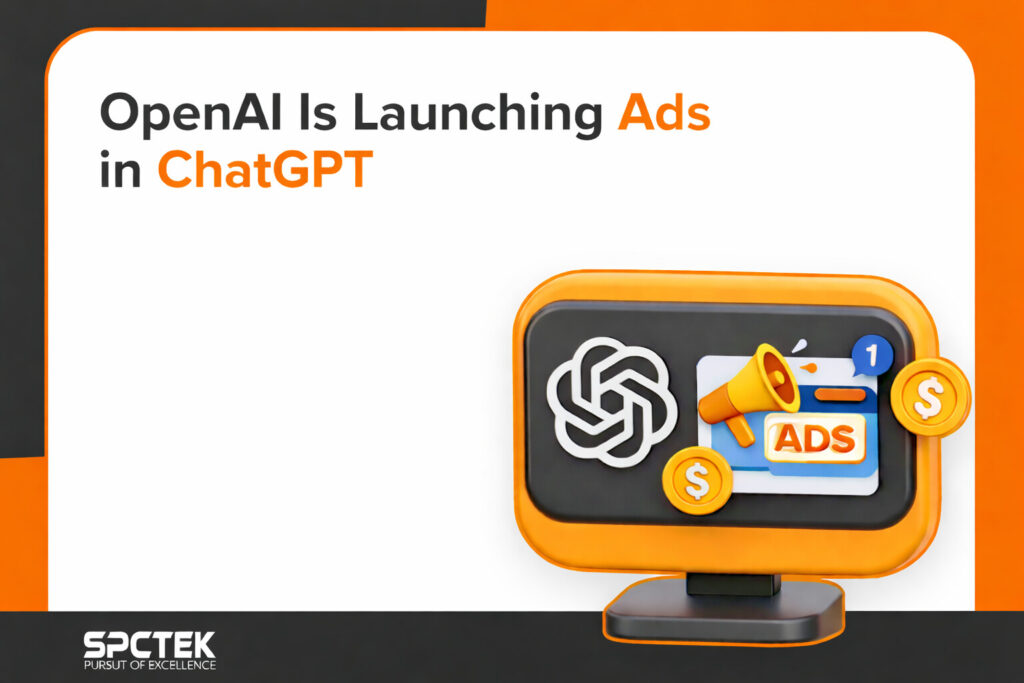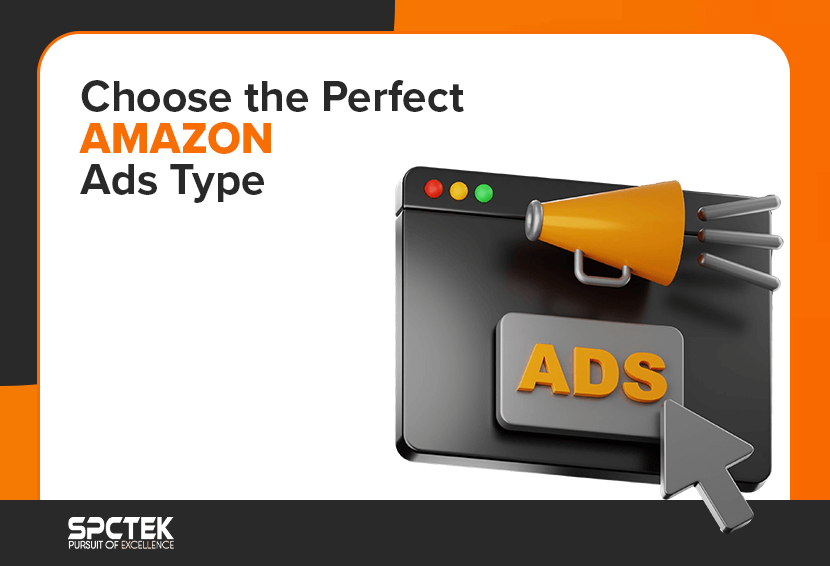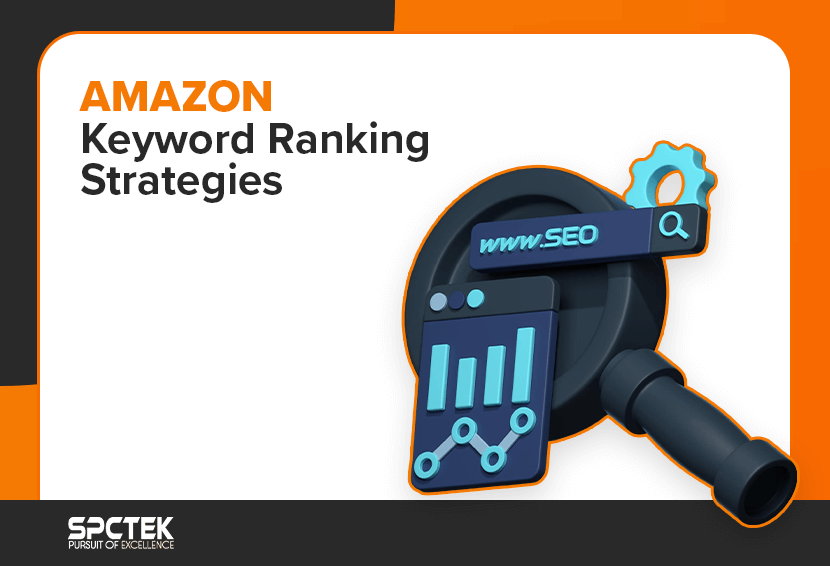Too busy to read? Listen to the article instead.
Search is evolving faster than ever, and so is how people discover brands. While Google and social media still matter, the way we find and trust information is shifting toward something new: generative AI search.
Tools like ChatGPT, Google’s Gemini, Bing Copilot, and Perplexity AI are changing the search game. Instead of listing links, they deliver conversational, in-chat answers that often mention or highlight specific brands. In other words, people no longer have to click through to websites to make decisions, as they learn, evaluate, and act inside the AI’s response.
That means one thing for marketers: visibility in AI-generated results has become the next frontier of SEO. This guide will show you exactly how to position your brand for AI search visibility, earn mentions in generative AI responses, and adapt your content strategy for the new world of Generative Engine Optimization (GEO).
Why Brand Mentions in Generative AI Search Matter?

Source: Semrush
Because AI search is in the process of replacing traditional search. According to research, visitors from AI search are predicted to surpass traditional search visitors by 2028. But being mentioned by AI platforms isn’t just about search rankings; it’s about trust and exposure. When an AI system like ChatGPT or Gemini references your brand in its answers, it signals authority, reliability, and relevance to both users and algorithms.
Here are some key statistics that show the explosive growth of AI search:
- Yearly growth: According to Semrush, AI search traffic has increased by 527% from 2024 to 2025. This means the number of users using AI platforms for search is growing rapidly.
- AI-based purchasing decisions: According to the latest study by McKinsey & Company, about 40 to 55 % of buyers now use AI search to make purchasing decisions.
- Zero-click AI overviews: Based on the numbers disclosed by Google, its AI Overviews reach 2 billion users across 200 countries and 40 languages. Google AI Overview’s impact on traditional SEO is generally negative, as it significantly reduces website click-through rates.
- Higher Conversion Value: Semrush’s AI Search study found that the typical AI search visitor is worth 4.4 times more than a regular organic search visitor in conversion value. This means even a small increase in AI visibility can generate a significant boost in revenue.
So, when your brand is mentioned or cited in generative AI results and Google’s AI Overviews, it gains visibility and third-party validation. In traditional SEO, visibility meant “ranking high.” In the age of AI search, it means “being mentioned as a trusted source.”
How Generative AI Models Work to Create Responses?
Before we get into how to get more brand mentions in AI-generated results, it’s important to understand how AI models like ChatGPT, Gemini, and Perplexity generate their responses and why they mention certain brands over others.
These systems don’t crawl the web in real time (at least not always). Instead, they’re trained on massive datasets, including everything from websites and news articles to forums and product reviews. They learn language patterns, facts, and relationships between things like brands, products, and topics.
Here’s a simplified version of how Large Language Models (LLMs) like ChatGPT and Gemini work by spotting and repeating patterns in huge amounts of text.
- Training: They learn how words and ideas are usually connected by studying billions of examples.
- Generating responses: When you ask something, the model doesn’t reason like a person. It predicts the next most likely word based on patterns it learned.
- Authority patterns: For example, if you ask about the best running shoes, the model will mention popular brands because those names often appear in trusted sources and reviews.
However, sometimes the answer is supported by live web data for AI models that use Retrieval-Augmented Generation (RAG). This process improves accuracy and relevance by supporting the AI model’s internal knowledge with up-to-date data from external sources, rather than relying on its training data alone.

AI platforms like Perplexity, ChatGPT, Microsoft Copilot, Google AI Overview, and others can access up-to-date external information from live search.
How Generative AI Decides Which Brands to Cite and Mention?

Several key factors, like established authority, well-structured content, and strong signals of credibility online, determine whether your brand shows up in AI-generated responses.
1. Topical Authority
AI models prioritize brands recognized as experts in specific subjects. If your website consistently produces high-quality, in-depth, and niche content, and it’s linked to by other authoritative sources, you’re more likely to be referenced.
2. Clear and Organized Content Structure
Structured, scannable content helps AI systems “understand” what you’re saying. Use H1s, H2s, H3s, bullet lists, and short paragraphs. Avoid fluff and filler. Clear formatting and readability increase the odds that AI tools can extract meaningful snippets from your pages.
3. Schema Markup
Schema markup (like JSON-LD) helps AI understand your content more easily. Schema for your organization, products, FAQs, or how-to guides gives the AI clear, structured facts about your brand. This makes your information easier for retrieval systems to find and use accurately, strengthening your brand’s presence in AI results.
4. Strong Conventional SEO and Search Visibility
Brands that already perform well in regular SEO rankings often get pulled into AI summaries because models look at top-ranking and well-linked content as high-quality sources. Traditional SEO still feeds GEO success.
5. Featured Snippets and Knowledge Panel Data
AI tools often rely on verified data from search engines like Google or Bing. If your content appears in Featured Snippets, Knowledge Panels, or “People Also Ask” results, it becomes a trusted source for AI. This structured visibility makes it more likely that your brand will be cited or referenced in AI-generated answers.
6. Credible External References
Including expert insights, studies, or references in your content helps position your brand as a credible source. This can make your pages more likely to be surfaced by AI systems looking for trustworthy material.
7. Online Brand Presence and Mentions in Training Data
Brand mentions are highly significant for LLMs. If your brand name appears frequently online in positive, relevant contexts through PR, partnerships, or content, AI models are more likely to reference it. Think of it as digital reputation. The more your brand appears in training datasets (like news articles, academic papers, and public web pages), the higher your chances of being remembered or cited.
8. Real-Time Mentions and News
Brands that appear in recent discussions or current news have an edge in AI tools with live web connections, such as Perplexity and Gemini. Freshness counts.
9. Strong Backlink Profile
A robust backlink profile, especially from .edu, .gov, and major media sites, signals authority. These backlinks indirectly influence AI-generated mentions because they feed into the brand’s overall authority footprint.
10. Detailed and Consistent Brand Profile Pages
AI models often gather brand information such as your identity, mission, and credibility from your “About Us” page and other public profiles, such as:
- Official website pages like About Us, Services, Contact, etc.
- Business and social media profiles like LinkedIn, Facebook, Instagram, and Google Business Profile
- Review and reputation platforms like Trustpilot, G2, Capterra, and Google Reviews
Creating these pages and keeping them up to date helps AI systems recognize your brand as trustworthy and authoritative.
11. Long-Tail Keywords and Semantic Relevance in Context
AI doesn’t just match keywords; it looks for meaning and context. Instead of simply finding “best CRM,” it identifies the option that fits the user’s full intent, like “best CRM for freelancers using Macs who bill hourly.” If your content clearly matches that specific need, your brand is more likely to appear as the most relevant answer, even if it’s smaller than others. Targeting long-tail keywords, like “best CRM tools for freelancers” or “eco-friendly running shoes for beginners,” increases your chance of being the relevant answer.
10 Effective GEO Strategies to Grow AI Brand Mentions and Visibility
Now that you know what influences AI brand mentions, let’s dive into GEO strategies. Here are twelve practical strategies to boost your visibility across AI search results.
1. Track and Audit Your AI Visibility Regularly

Improving AI visibility requires regular tracking. Schedule weekly or monthly manual and tool-based audits to see how often and where your brand appears in AI-generated answers.
For manually checking your brand perception, ask AI platforms questions like:
- “What does [your brand] do?”
- “Who are the top [your industry] providers?”
- “Which brands are known for [your service or niche]?”
Analyze the results and see if you are mentioned and if the information is accurate. This baseline will show how visible your brand is in AI search results and where to improve. Also, note which brands are mentioned, how often, and in what context.
To get a more accurate, detailed breakdown of your brand’s AI visibility, use AI visibility tracking tools to monitor your visibility, such as Semrush AI Search Visibility Checker, Geovate, and PromptMonitor. These tools help you track key GEO metrics:
- AI Mentions: How often your brand, product, or content is mentioned across AI platforms like ChatGPT, Gemini, Perplexity, or Bing Copilot.
- AI Citation Rate: The percentage of AI responses that directly cite or source your brand or URL.
- AI Share of Voice (SOV): Tracks your visibility compared to competitors across AI-generated results.
- AI Visibility Score / Index: A compound metric showing how visible your brand is across all AI search engines, often based on frequency, authority, and position.
- Brand Sentiment in AI Responses: Some tools (especially Semrush) analyze sentiment tone, whether your brand is mentioned positively, neutrally, or negatively in AI-generated text.
Use your visibility reports as a GEO roadmap, not just a performance snapshot. Treat each report as a living action plan. The prompts, sources, and context patterns inside reveal exactly where you can grow coverage, strengthen authority, and close important visibility gaps.
2. Use Digital PR to Get Unlinked Mentions
Brand mentions, linked or unlinked, are one of the biggest factors of brand visibility in AI search. According to a study by Ahrefs, Brands with top web mentions earn up to 10X more AI mentions.
“Unlinked mentions—text written about your brand on other websites—have very little impact on SEO, but a much bigger impact on GEO,” says Ryan Law, Director of Content Marketing at Ahrefs.
The best ways to earn these mentions include publishing real press releases for funding, partnerships, product launches, joining podcasts, YouTube interviews, and expert discussion panels.
Focus on natural, conversational mentions rather than forced keywords. Even one unlinked mention in a tier-one media outlet can influence AI recommendations.
3. Publish Original Research, Data, and Free Tools
AI models love citing data-rich and original content. By publishing your own research or tools, you make your brand an authority that others naturally reference. Examples include annual reports like, interactive ROI calculators, or free templates and dashboards. These assets get shared by journalists, bloggers, and even competitors, which feeds your brand into AI training data.
4. Strengthen Your Online Reviews and Brand Sentiment
AI tools scan real user feedback to gauge reputation. Platforms like Google Business Profile, Trustpilot, Reddit, and X (Twitter) all influence how your brand is perceived by both people and AI. Platforms like Reddit and Quora are heavily used in AI training and provide authentic user experiences and reviews. Brands with positive UGC are more likely to be recommended.
To improve sentiment:
- Ask happy customers for reviews and UGC using email or SMS.
- Respond to every review, positive or negative, within 24 hours.
- Monitor overall tone using sentiment analysis tools.
- Track Reddit and Quora discussions about your brand
- Create a support subreddit or subreddit for your brand, share useful, engaging content, and host AMAs.
5. Build Expert Credibility in Your Niche
AI frequently references individuals who appear as credible experts. Position yourself or your team as trusted voices in your field by consistently contributing insights and commentary online.
A few daily habits can make a big difference:
- Answer expert queries on relevant similar platforms.
- Write guest articles for industry blogs.
- Post short, thoughtful LinkedIn posts reacting to industry updates.
Each expert quote, such as “As [Your Name], CEO of [Brand], explains…”, reinforces your brand’s authority.
6. Make Your Content AI-Friendly With Clear Structure and E-E-A-T
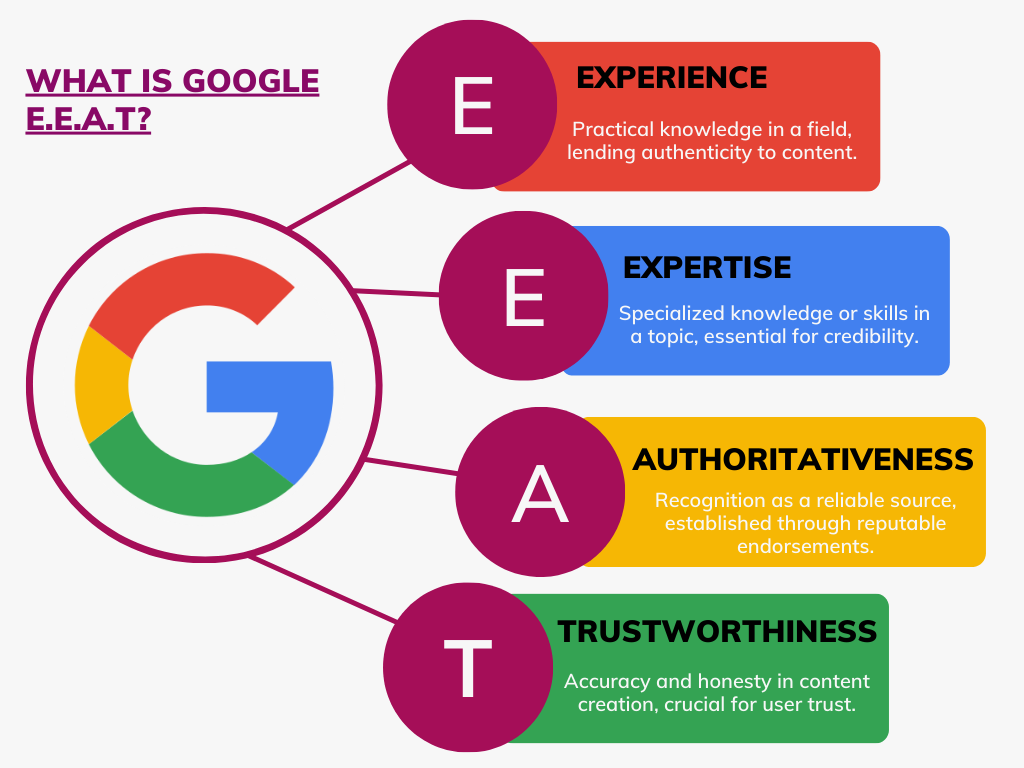
Generative AI extracts and summarizes information from web pages that are well-structured and easy to interpret. Clear formatting helps models identify key facts, stats, and takeaways.
When writing, make sure your content includes:
- Headings (H2/H3) that answer specific questions.
- Write short, information-rich paragraphs.
- Use numbered or bulleted lists when explaining steps.
- Keep your tone factual, objective, and helpful.
- Add credible citations and sources (link to studies, industry data, and media).
- Clearly showcase your expertise, especially for “Your Money, Your Life” topics like finance, health, or safety.
- Optimize your author bios and About pages for E-E-A-T (Experience, Expertise, Authoritativeness, Trustworthiness).
- Short, bolded stats and one-sentence insights.
- Expert quotes in pull-quote format.
- Schema markup (FAQ, How-To, and Organization).
- Entity-first writing, mentioning your brand and product names early.
Bonus: Add FAQ sections to key pages. These are often pulled directly into AI answers and improve your AI snippet visibility in search.
7. Be Active in Online Communities
AI tools also learn from public discussions, so active engagement in relevant communities can raise brand visibility. Participate in spaces where your target audience already gathers, such as Reddit, X (Twitter) Spaces, and Facebook Groups.
Remember these two simple rules:
- Give more than you take: answer questions, share useful tips, and offer templates before promoting your product.
- Stay authentic: one genuine comment from a real user like “I use [Your Tool] and it works great” is more valuable than 100 sponsored posts.
These organic mentions are frequently scraped and indexed by search engines, eventually feeding into AI summaries.
8. Get Listed in Industry Directories and Databases
Structured data from trusted directories helps AI confirm your brand’s legitimacy. Listing your company in major industry databases gives AI models verified information to reference.
Make sure your brand is listed on:
- Clutch.co
- Crunchbase
- Capterra
- Relevant industry awards or association directories
These sites feed directly into search engine knowledge graphs, which AI models use for factual validation.
9. Sponsor or Host AMAs, Webinars, and Virtual Events
Events create lasting digital footprints. Hosting or sponsoring community events, such as Reddit AMAs, webinars, or X Spaces, helps your brand get quoted in recaps and discussions that later appear in search results.
Because transcripts and event summaries often get shared online, these activities generate natural, high-quality mentions that AI systems notice and reuse.
10. Keep Brand Information Consistent Everywhere
AI models draw from multiple data sources, and inconsistency can confuse them.
Make sure your brand details (like name, description, and key offerings) are the same across:
- Website (About, Contact, and Services pages)
- Google Business Profile
- LinkedIn and other social media bios
- Third-party directories
- Industry-specific listings or review sites
Update all of them regularly. When AI systems cross-reference information, consistency helps them “trust” the accuracy of your brand data, which in turn boosts AI search visibility.
Conclusion
The shift from traditional search to AI-powered discovery is reshaping how users find and trust brands. Being visible in AI search results is crucial for reputation, credibility, and consistent visibility across multiple intelligent systems.
If you want your brand to stand out in ChatGPT, Gemini, Perplexity, and beyond, focus on earning web mentions, expert insights, structured content, positive online sentiment, and staying active on discussion platforms.
Search will keep evolving, but one thing remains true: brands that adapt early always lead the conversation.
Got More Questions?
A: They’re when a generative AI system like ChatGPT or Google Gemini references your brand in its answer, with or without a direct link.
A: They use a mix of factors like authority signals, web mentions, backlinks, and brand sentiment to determine trustworthy sources.
A: Yes, backlinks act as credibility votes that strengthen your authority footprint, indirectly influencing AI mentions. However, unlinked web mentions play an important role in AI brand visibility as the LLMs are trained on static training data.
A: Yes, especially if you target niche, long-tail keywords and provide clear, structured, and unique information.
A: SEO focuses on ranking in search engines, such as Google Search. GEO (Generative Engine Optimization) focuses on getting your brand mentioned on AI platforms like ChatGPT, Gemini, Perplexity, Google Overviews, etc.
You can measure your brand’s GEO performance by using AI visibility tracking tools to measure metrics such as:
- AI Mentions
- AI Citation Rate
- AI Share of Voice (SOV)
- AI Visibility Score / Index
- Brand Sentiment in AI Responses

